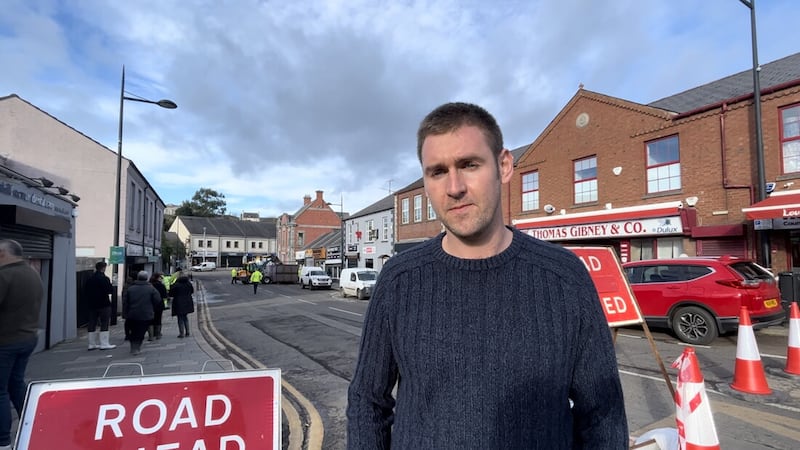The Stormont executive has voted against imposing a travel ban from Britain into Northern Ireland.
Sinn Féin and the SDLP backed a ban but the DUP, Alliance and UUP opposed the measure.
It was unanimously agreed to back plans to issue new guidance against all but essential travel between Northern Ireland, Britain and the Republic.
Health minister Robin Swann tweeted: "Pleased that Exec has agreed my paper tonight, including immediate guidance against all but essential travel between NI and GB/RoI, with all new arrivals here asked to self-isolate for 10 days.
"More work needed on option of legal travel ban, both legally and logistically - vital supplies to NI and essential travel need to be protected."
Mr Swann had warned ministers a travel ban could cut vital supply lines to Northern Ireland and leave the Executive facing hefty compensation claims.
In his paper to ministers, which has been seen by the PA news agency, Mr Swann said a prohibition could also be challenged on human rights grounds if there was no evidence to demonstrate it was proportionate.
The minister said it was believed the new variant of Covid was already in Northern Ireland and he said it was "almost inevitable" it was in the Republic.
He also warned of the risk of travellers using Northern Ireland as "gateway" to the Republic as a result of the ban on Irish/UK flights.
Mr Swann told colleagues the issues around restricting travel were complex and warranted more consideration rather than "bluntly" moving to an outright ban.
The paper said the variant was unlikely to be easily detected in the Republic as "little viral sequencing is performed".
In that context, the paper flagged the "rapid upward trajectory" in cases south of the border, noting it was a similar trajectory to the parts of Britain where the new variant was rife.
The paper highlighted the relatively few number of Covid-19 cases in the north linked to travel from elsewhere in the UK. In the last two weeks, they accounted for 23 of around 6,000 new cases.
The paper then laid out the opinion of chief medical officer Dr Michael McBride and chief scientific officer Professor Ian Young.
It said the experts' advice was:
- The absolute risk of travellers from the rest of UK having Covid is low, and even lower for the new variant.
- There would be merit in limiting or temporarily banning travel if the variant was not present in Northern Ireland.
- In the absence of definite evidence a precautionary approach is advised, including possible consideration of limiting travel from the Republic of Ireland given the current disease trajectory and low level of genotype sequencing.
There are significant logistical issues around implementing a ban, and several "unintended consequences", he said, adding: "Furthermore, a decision to impose a ban on entry from GB and/or ROI will have human rights implications.
"It will therefore be important to have evidence that this measure is proportionate to the risk that the additional measures are intended to mitigate."
Mr Swann warned that banning travel could have "serious adverse implications for the financial viability" of aircraft and ferry routes.
He said this could have "profound implications" on supply chains of essential goods and supplies.
The minister said the result could see the executive subsidising those routes to keep them going.
He also raised the prospect of the executive facing compensation claims from those whose travel plans would be cancelled.
Mr Swann said his view was that the Executive should issue guidance advising against all but essential travel between Northern Ireland and Britain/the Republic with immediate effect.
He also recommended that all new arrivals into the region be asked to self-isolate for 10 days.
The minister said it was important to provide clarity on what is meant by "essential".
He said it should cater for Northern Ireland residents currently outside the jurisdiction who want to return home.
The minister also recommended that preparatory work be undertaken on the form of any necessary changes to legislation that would be required to introduce a ban, if it was decided one was ultimately needed.








